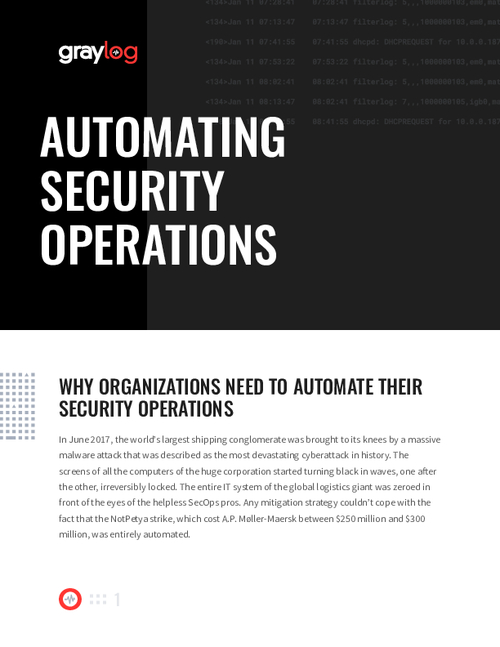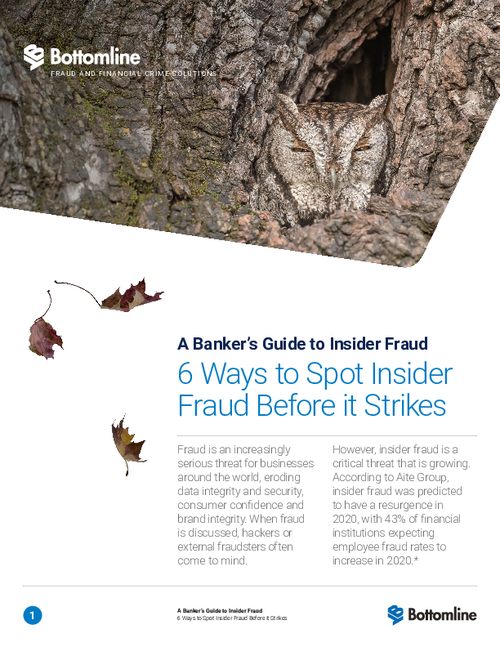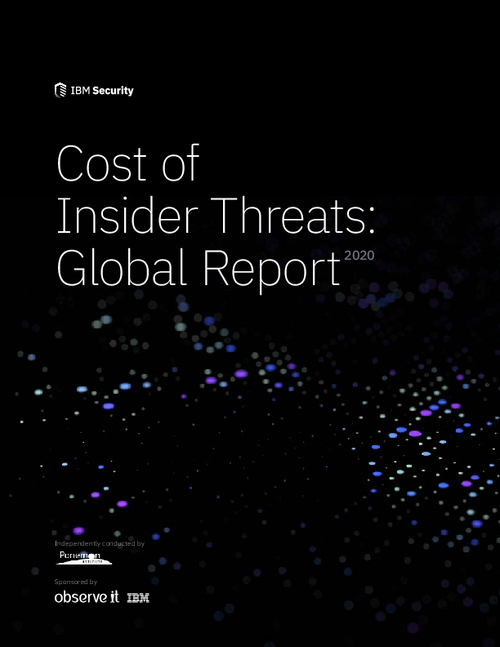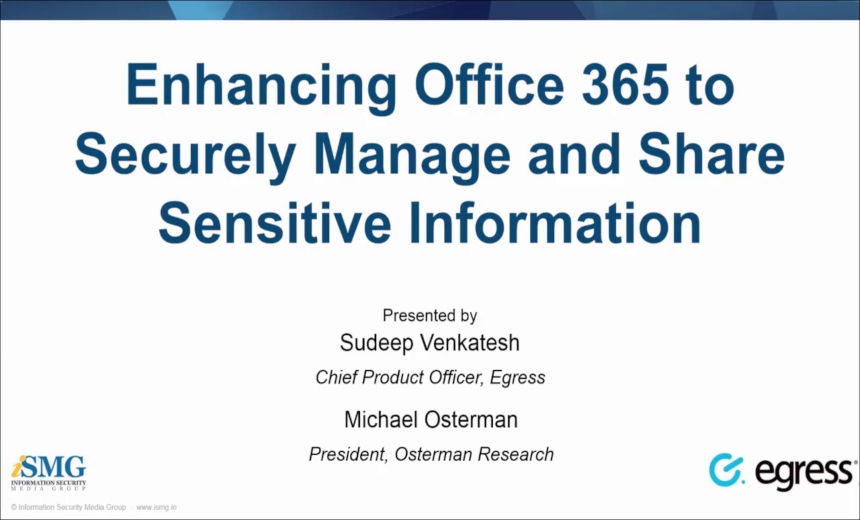Countrywide's Ex-Chief Charged with Fraud
The Securities and Exchange Commission charged Angelo Mozilo, the former chief executive of the mortgage lender Countrywide Financial, and two other company executives with civil fraud on Thursday.http://www.sec.gov/news/press/2009/2009-129.htm
Mozilo is charged by the SEC with deliberately misleading investors about the significant credit risks being taken in efforts to build and maintain the company's market share. Mozilo was additionally charged with insider trading for selling his Countrywide stock based on non-public information for nearly $140 million in profits.
The SEC alleges Mozilo, along with former chief operating officer and president David Sambol and former chief financial officer Eric Sieracki, misled the market by falsely assuring investors that Countrywide was primarily a prime quality mortgage lender that had avoided the excesses of its competitors.
Excerpts of emails from Mozilo
The SEC's enforcement action alleges that from 2005 through 2007 Countrywide engaged in an unprecedented expansion of its underwriting guidelines and the underwriter was writing riskier and riskier loans. Countrywide was required to disclose these important trends to its investors in the Management Discussion and Analysis portion of its SEC filings, but failed to do so, says the SEC.
"This is the tale of two companies," said Robert Khuzami, Director of the SEC's Division of Enforcement in the SEC's statement. "Countrywide portrayed itself as underwriting mainly prime quality mortgages using high underwriting standards. But concealed from shareholders was the true Countrywide, an increasingly reckless lender assuming greater and greater risk. Angelo Mozilo privately described one Countrywide product as 'toxic,' and said another's performance was so uncertain that Countrywide was 'flying blind.'"
Rosalind Tyson, Director of the SEC's Los Angeles Regional Office, adds, "Angelo Mozilo had access to detailed and alarming information about Countrywide's operations. He knew that Countrywide was gambling with increasingly risky mortgages and he kept those details from investors while he was actively taking his own chips off the table."
b>The Litigation Release No. 21068
The SEC's complaint, filed in federal district court in Los Angeles, states Countrywide's annual reports for 2005, 2006 and 2007 misled investors in claiming that Countrywide managed credit risk through credit policy, underwriting, quality control and surveillance activities. Its annual reports for 2005 and 2006 falsely stated that the company ensured its "access to the secondary mortgage market by consistently producing quality mortgages."
The annual report for 2006 also falsely claimed that Countrywide had "prudently underwritten" its Pay-Option ARM loans.
The SEC alleges that Mozilo, Sambol, and Sieracki actually knew, and acknowledged internally, that Countrywide was writing increasingly risky loans and that defaults and delinquencies would rise as a result, both in loans that Countrywide serviced and loans that the company packaged and sold as mortgage-backed securities.
The SEC's complaint states Countrywide developed what was internally referred to as a "supermarket" strategy that widened underwriting guidelines to match any product offered by its competitors. By the end of 2006, Countrywide's underwriting guidelines were as wide as they had ever been, and Countrywide made an increasing number of loans based on exceptions to those already wide guidelines, even though exception loans had a higher rate of default.
The SEC's complaint alleges Mozilo believed that the risk was so high that he repeatedly urged that Countrywide sell its entire portfolio of Pay-Option loans. Despite these severe concerns about the increasing risks that Countrywide was undertaking, Mozilo, Sambol, and Sieracki hid these risks from the investing public.
The complaint further alleges Mozilo engaged in insider trading of Countrywide stock that he owned. Mozilo established four executive stock sale plans for himself in October, November, and December 2006 while he was aware of material, non-public information concerning Countrywide's increasing credit risk and the expected poor performance of Countrywide-originated loans. From November 2006 through August 2007, Mozilo exercised more than 5.1 million stock options and sold the underlying shares for total proceeds of nearly $140 million, pursuant to written trading plans adopted in late 2006 and early 2007.
Countrywide was a major player in the subprime mortgage market, which collapsed in 2007 and touched off the financial crisis that has gripped the United States and global economies. It was bought by Bank of America in 2008 for $4.1 billion





















